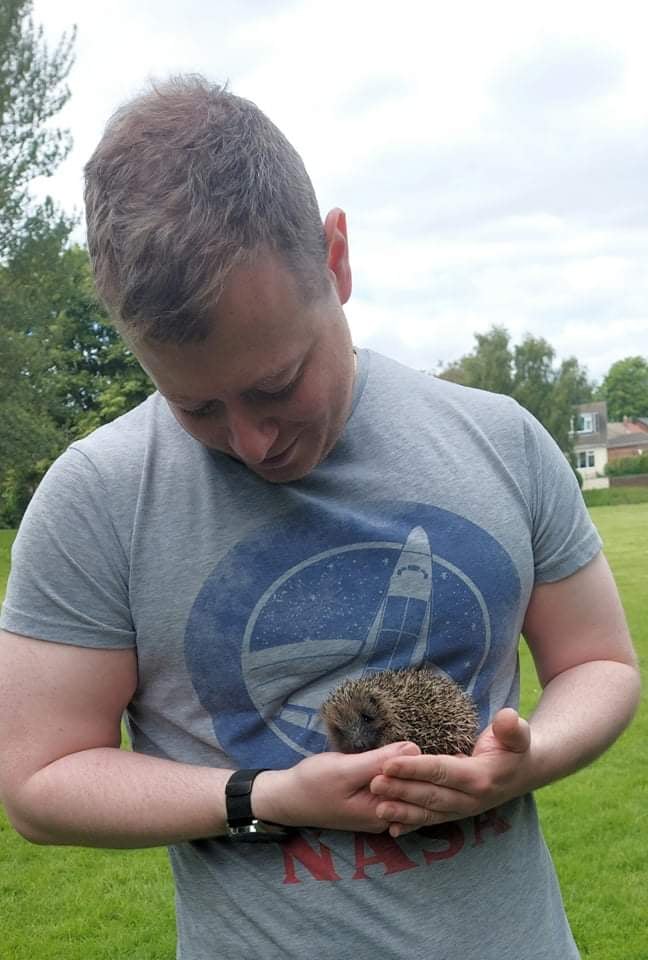A Gateshead woman who says her life is ruined by Seasonal Affective Disorder (SAD), also known as the ‘winter blues’, has spoken out about the effects of the surprisingly common mental health issue.
Samantha McLaren, a 20-year-old University of Sunderland student, says she can’t stand the onset of winter as she dreads the thought of having depression for months on end.
“I find it difficult to do everyday tasks, and now I’m at university it will be especially difficult as I’m no longer surrounded by loved ones.”
Here in the North East we experience at least half an hour of less daylight everyday than other parts of the country. SAD is believed to be related to the lack of daylight we experience in the winter months.
SAD usually begins towards the end of autumn and carries on throughout winter and gradually goes away in spring. McLaren says that her SAD starts to begin “at the end of September/ beginning of October, around the time the clocks go back”.
One in three people in the UK suffer with SAD and one in five people in the North East will suffer with depression at some stage in their lives.
According to many sufferers, diagnosis can be difficult as it’s hard to distinguish between depression or SAD added to the fact that keeping track of your mood and your well-being in the different months of the year is a long process.
Samantha went to her GP after a year of having the symptoms of depression/SAD.
She said: “I found it difficult to be diagnosed with SAD due to the stigma that society has on mental illness.”
Some of the symptoms for SAD are: Lack of energy to do everyday tasks, problems concentrating, sleep problems, increased anxiety, panic attacks, mood swings etc.
Samantha’s GP prescribed her antidepressants and she attended cognitive behavioural therapy. She now finds that self-help techniques help her more. Especially as she lives in student accommodation.
Samantha said: “It’s important for me to surround myself with loved ones, which means going home every now and then. As well as doing things I enjoy!”
There are many different places you can go to seek help and advice if you think you may be suffering with SAD.
The Seasonal Affective Disorder Association (SADA) is the UK’s only registered charity that specialises in SAD. They have more than 600 members, and people that use their services without signing up.
SADA have said: “We provide our members with information packs, exclusive help-sheets and scientific news via the members area of our website a regular newsletter via post or email, and support via phone, email and in-persons groups.”
If you are looking to seek help, SADA offers a range of different outlets that can help you. Their volunteers are a range of ages so you will feel comfortable in talking to someone.



